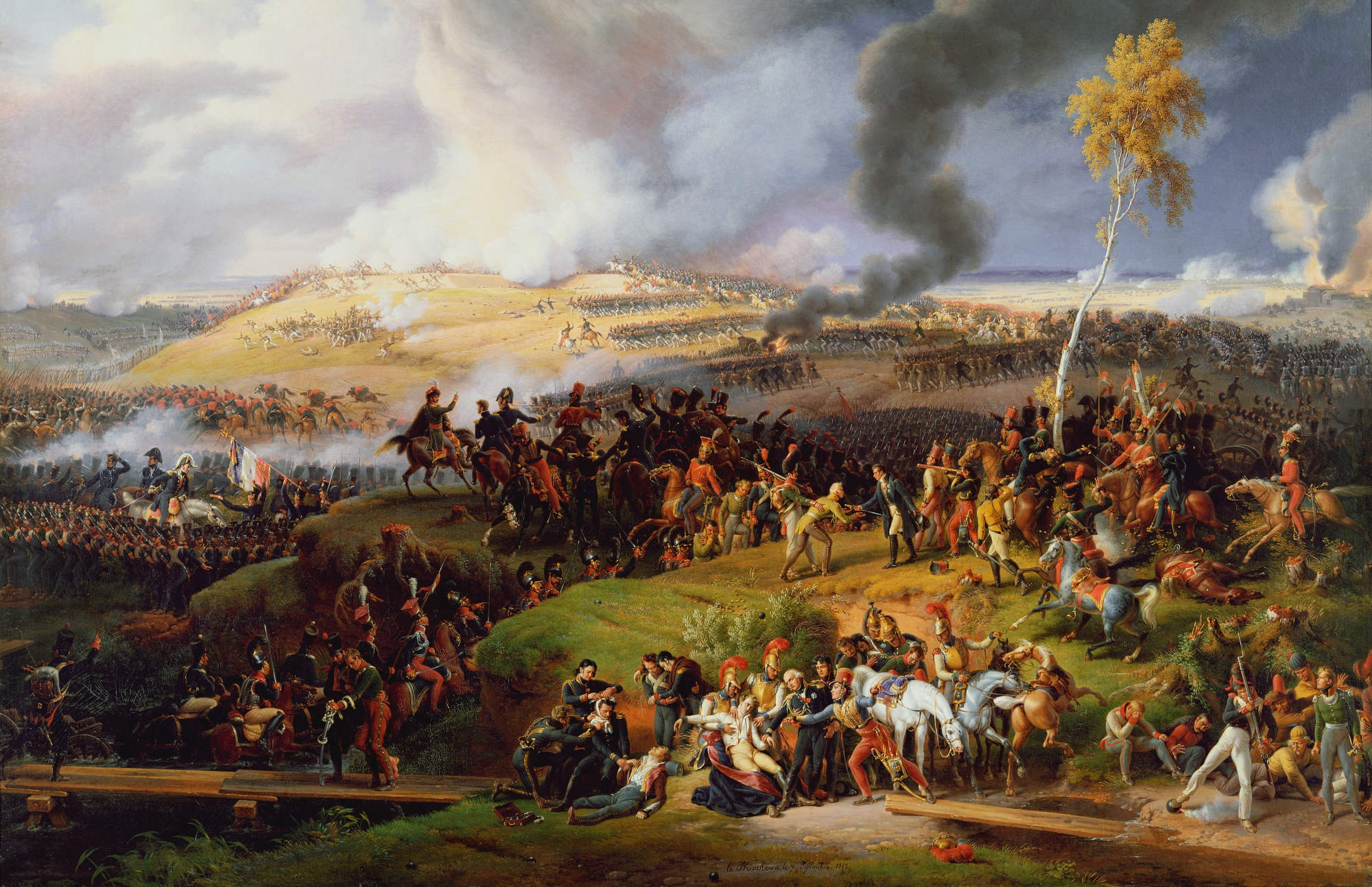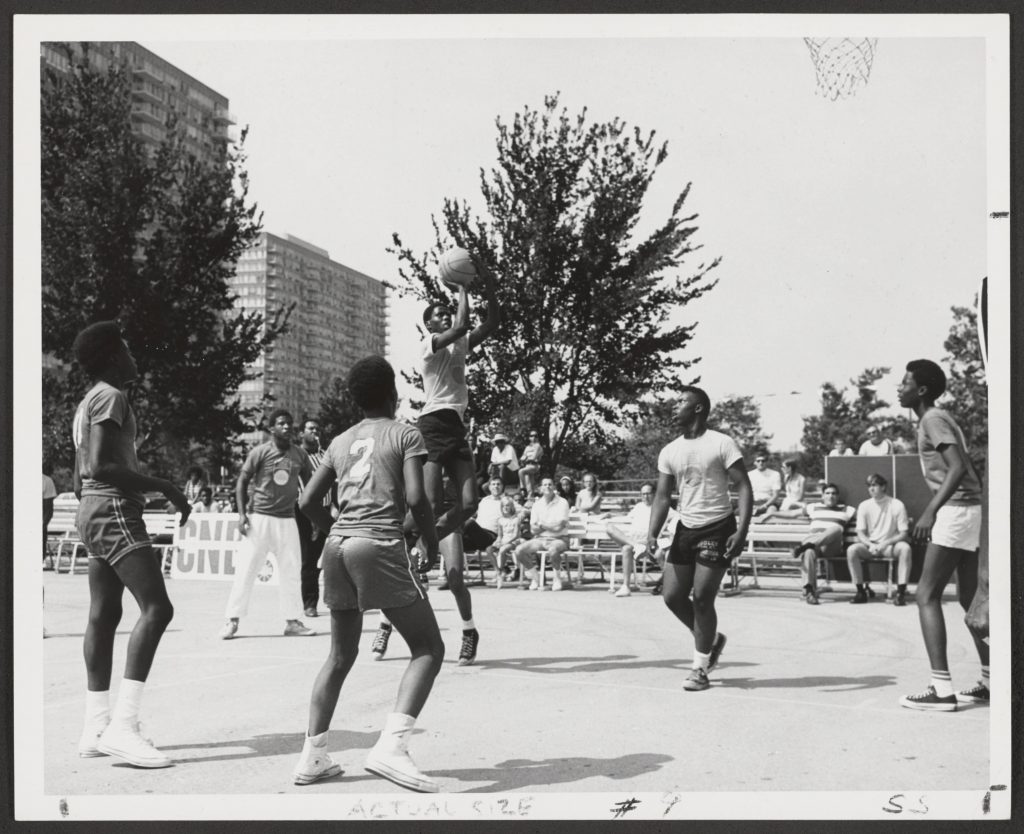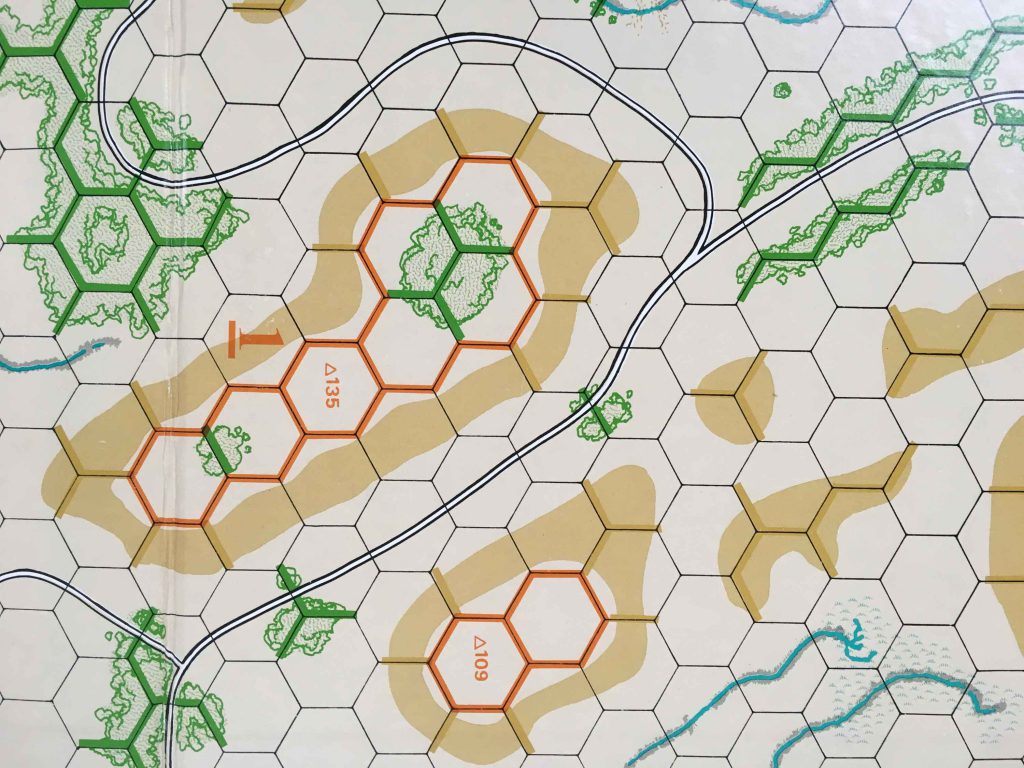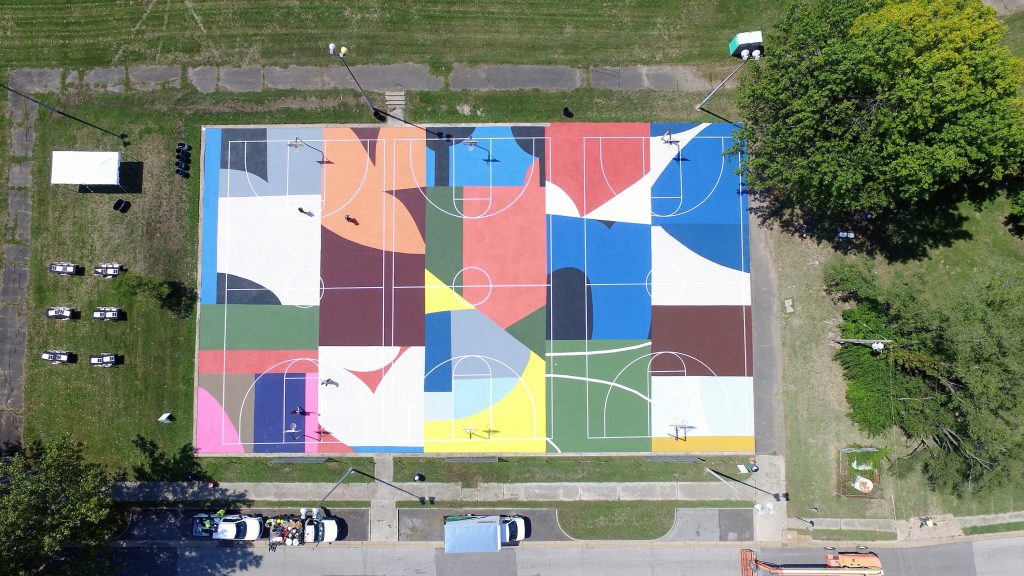Writer Carlo Rotella looks back on the board games and basketball games he grew up playing on the South Side of Chicago. Here, in his third and final installment for PlayTime, Rotella ponders how both kinds of play have evolved—for better or worse—over generations.
When I was a kid, the paths I took to the two sorts of game-world were stark opposites. I played war games in an icy aesthetic fugue state entered in rigorous solitude, while basketball entailed a hot engagement with self-interested others that was equal parts political and anthropological. Looking back from the perspective afforded by middle age, I can see that my experience of pickup ball and war games has to some extent switched social polarities over time. My root desire in both kinds of play has always been to enter the world of the game and dwell there, soaking up the nourishing feng shui. But technological change, the shifting character of childhood and leisure, and other usual suspects have muddied the distinction between them over the nearly half a century that has elapsed since my childhood.
As a general rule, digitization produces more loneliness, not less, but this case is an exception: I no longer have to outsmart myself in heroic isolation when I play these games.
It had to happen sooner or later that somebody would think to digitize the old military board games. A Scottish outfit called HexWar has finally gotten around to doing that. Its design partners have replaced the square unit-counters with little clusters of troops and substituted a 3D swell of hills and valleys for the flat abstract landscape of the game board, but HexWar has not tried to turn these games into first-person shooters. They still play like board games, and the hexagonal map grid has been preserved as a nostalgic curio. As a general rule, digitization produces more loneliness, not less, but this case is an exception: I no longer have to outsmart myself in heroic isolation when I play these games. I can play online against other Avalon Hill/SPI veterans, or I can play against the built-in opponent that comes with the game. I prefer the latter, mostly because it’s always ready to play, always up for a game. Even on the Hard setting, this algorithmic foe tends to lack decisive boldness, a stolidity that makes it chronically susceptible to being outflanked and outhustled, but it’s a recognizable intelligence―a purposeful presence other than my own―and its shortcomings make it seem more, not less, human. As Napoleon at Waterloo, this intelligence throws D’Erlon’s formidable I Corps against La Haye Sainte and my shaky left; as Scipio Africanus at Zama, it screens its advancing legions with light infantry in textbook fashion. When I repel D’Erlon with massed cannon and Uxbridge’s horse guards, when I scatter the Roman velites with my elephants, I feel a little like Patton in the movie after he defeats the Afrika Korps in battle. He yells, “Rommel, you magnificent bastard, I read your book!” at what he believes to be his illustrious opponent’s fleeing tank, only to find out later that Rommel wasn’t in the tank, and was in fact away on leave.
It’s part of a generational swing toward adult supervision and away from open-ended, self-governed free play, but the education in practical politics and social dynamics available to me in the 1970s has grown increasingly old-school, even esoteric.
If my experience of war games has warmed over time, pickup basketball has cooled for me. I still have to negotiate with strangers to get into the game, but it’s all very low-key. I usually show up alone at the court in the local park, which makes things simpler, and almost everybody’s grown-up enough to determine fair order and wait his turn, just as we do at the nearby supermarket’s meat counter. Something similar typically happens when I play farther from home―and now there are pickup-basketball apps that let you know where to find a game in a strange city, which seems efficient but also resembles buying a used TV on eBay. And if it doesn’t work out and I don’t get to play, my much-sprained ankles and much-jammed fingers appreciate being spared the wear and tear. My own aging explains this cooler experience of the pickup game, but it’s also framed by larger changes. Over the years pickup ball has become a more preponderantly adult game as a result of a great transformation of how kids, small and large, play. Especially for the most intensely ball game-inclined boys and girls, there’s a lot less free play these days, and a lot more play organized and supervised by adults―more travel teams and AAU teams overseen by grown-ups with whistles, more official practices and scheduled games and less hanging out and jockeying for position for hours on end at the local court. It’s part of a generational swing toward adult supervision and away from open-ended, self-governed free play, and it means that, while young people still do play pickup ball, the education in practical politics and social dynamics available to me as a ball-playing kid on the South Side of Chicago in the 1970s has grown increasingly old-school, even esoteric.
When I was a kid I frequently paged through my copy of Cyril Falls’s Great Military Battles, an oversize book full of maps showing the movements of cavalry and infantry and artillery, and of paintings in which mounted generals made Buddha-like gestures with plump white hands amid their retinues and rolling clouds of gun smoke. I returned often to the chapter on Waterloo, which seemed to make the definitive case on offense and defense. Offense was Napoleon, whose genius for the coup de main was expressed in constant attack, demanding courage and enterprise and grotesquely buoyant optimism from his men. These were marquee virtues, yes, but, especially when exercised in the service of misguided principles, they curdled into blind, force-drunk aggression for its own sake. Defense, by contrast, might be frequently drab and unpleasant, but it was how you stopped offense. Defense was the Duke of Wellington, whose greatest achievement was to deny Napoleon the victory at Waterloo, and whose schemes featured the absolute minimum of moving parts and decisive strokes because he assumed that orders would go astray, subordinates would screw up, and the troops who served under him were “the scum of the earth.” My beat-up original copy of Great Military Battles went missing in the early 1980s, when I went off to college, but I recently acquired an equally well-used copy via Amazon. Looking through it now, revisiting long-lost but intensely familiar images and passages and the lessons they taught, I begin to appreciate the depth of the imprint left on me by war games and ball games. They taught―they teach―offense and defense, strategy and tactics, force and finesse, technique and persuasion, how to be alone and how to engage with others. ♦
Return to the first and second installments of “Ball Games and War Games.”
(Image credit: Louis-François Lejeune, Battle of Moscow, 7th September 1812, 1822, Château de Versailles, via Wikipedia Commons.)












